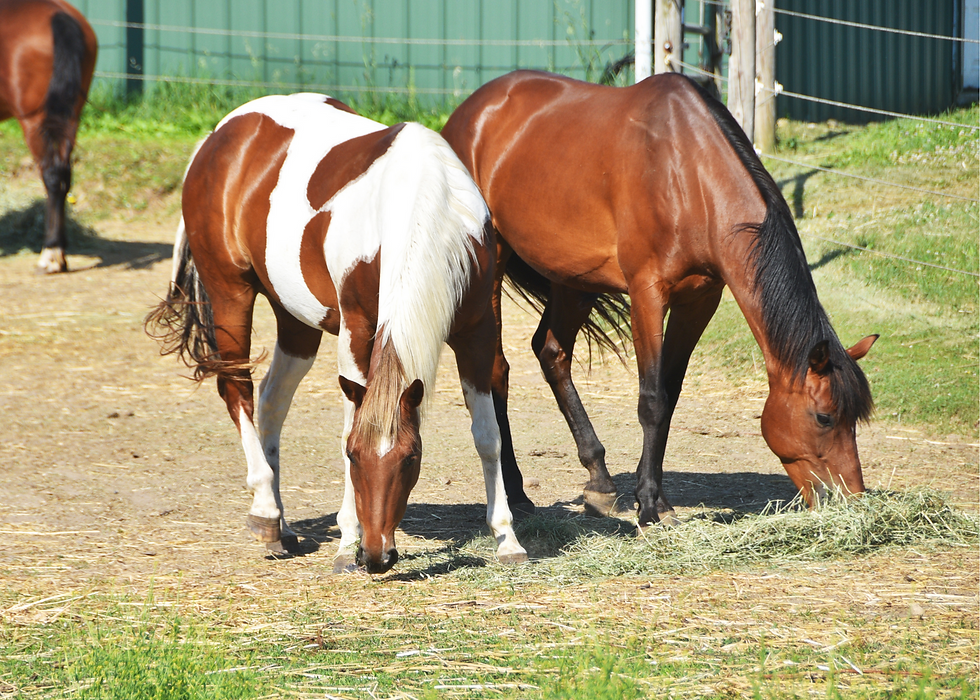When it comes to ensuring the health and well-being of your horse, understanding the importance of hydration and feeding is crucial. Whether you are a seasoned equestrian or new to the world of horses, knowing how to properly care for these majestic animals is essential. Horses rely on a balanced diet and adequate water intake to maintain their health, energy, and performance.
In this comprehensive guide, we will explore everything related to hydration and feeding for horses. From understanding their nutritional needs to implementing effective feeding routines, we’ll cover all aspects to help you keep your equine companion in top condition.

Understanding Equine Hydration
The Importance of Water
Water is the most crucial element in a horse’s diet. It makes up about 60-70% of a horse’s body weight and is involved in every physiological process, from digestion to temperature regulation. Horses need access to clean, fresh water at all times to avoid dehydration, which can lead to serious health issues.
Signs of Dehydration
Recognizing the signs of dehydration in horses is vital. Symptoms may include dry mucous membranes, sunken eyes, and decreased skin elasticity. Ensuring your horse drinks enough water is key to preventing these issues.
Feeding Your Horse
Nutritional Needs of Horses
Horses require a balanced diet that provides all necessary nutrients, including proteins, vitamins, and minerals. Their diet should primarily consist of forage, such as hay or pasture, with grains and supplements added as needed. Understanding the specific dietary needs of your horse is crucial for their overall health.
Creating a Feeding Schedule
Establishing a consistent feeding schedule helps maintain a horse’s digestive health. Horses are grazing animals, and their stomachs are designed to process small amounts of food throughout the day. Providing regular, evenly spaced meals can prevent digestive issues like colic.
Special Dietary Considerations
Feeding for Different Life Stages
Horses have varying nutritional requirements depending on their age and activity level. Foals, adult horses, and senior horses all need different nutrient balances to support their growth, maintenance, and aging processes.
Managing Weight through Diet
Maintaining an ideal weight is crucial for a horse’s health. Overweight horses are at risk of conditions like laminitis, while underweight horses may suffer from malnutrition. Adjusting their diet and monitoring their body condition can help manage their weight effectively.
Supplementation and Special Diets
Vitamins and Minerals
While a well-balanced diet often provides the necessary nutrients, some horses may benefit from additional supplements. For example, [zinc for horses](https://prohorseworld.com/zinc-for-horses/) and [magnesium for horses](https://prohorseworld.com/magnesium-for-horses/) are common supplements that address specific nutritional needs. It’s essential to consult with a veterinarian or equine nutritionist before introducing supplements.
Understanding Mineral Blocks
Mineral blocks are an excellent way to provide essential nutrients that might be missing from a horse’s diet. Learn more about their benefits in this article on [mineral blocks for horses](https://prohorseworld.com/mineral-blocks-for-horses/).
Hydration and Feeding Challenges
Feeding Horses in Hot Weather
During hot weather, horses may require additional hydration and adjustments to their feeding routine to cope with the heat. Ensuring access to plenty of water and considering electrolyte supplements can help maintain their health.
Addressing Vitamin Deficiencies
Vitamin deficiencies can significantly impact a horse’s health. For more information on how to identify and address deficiencies, visit this [external resource](https://kppusa.com/what-does-vitamin-e-deficiency-look-like-in-horses/).

FAQs
How much water does a horse need daily?
A horse typically needs 5 to 10 gallons of water per day, but this can vary based on size, diet, and weather conditions.
What is the best type of hay for horses?
Grass hay, such as Timothy or Bermuda, is often recommended due to its balanced nutritional profile. However, some horses might benefit from alfalfa hay, especially those requiring higher protein levels.
Can horses eat clover?
Yes, horses can eat clover. However, it’s important to monitor their intake as clover can cause excessive salivation and may lead to other health issues. For more information, visit [this guide](https://prohorseworld.com/can-horses-eat-clover/).
By understanding the essentials of hydration and feeding, you can ensure your horse remains healthy and happy. Regularly reviewing and adjusting your horse’s diet and hydration practices will help you meet their evolving needs and support their overall well-being.
This article contains affiliate links. We may earn a commission at no extra cost to you.
